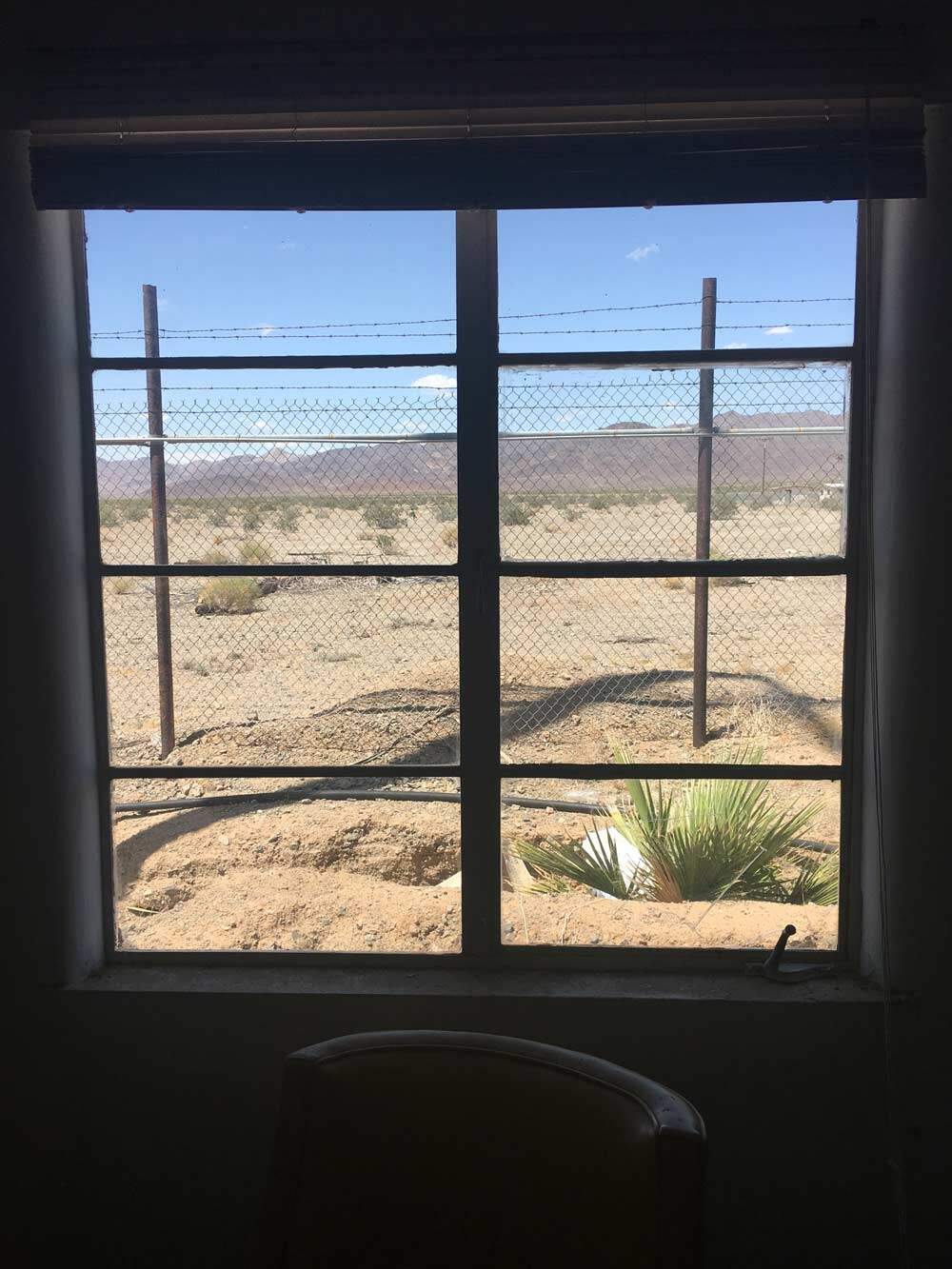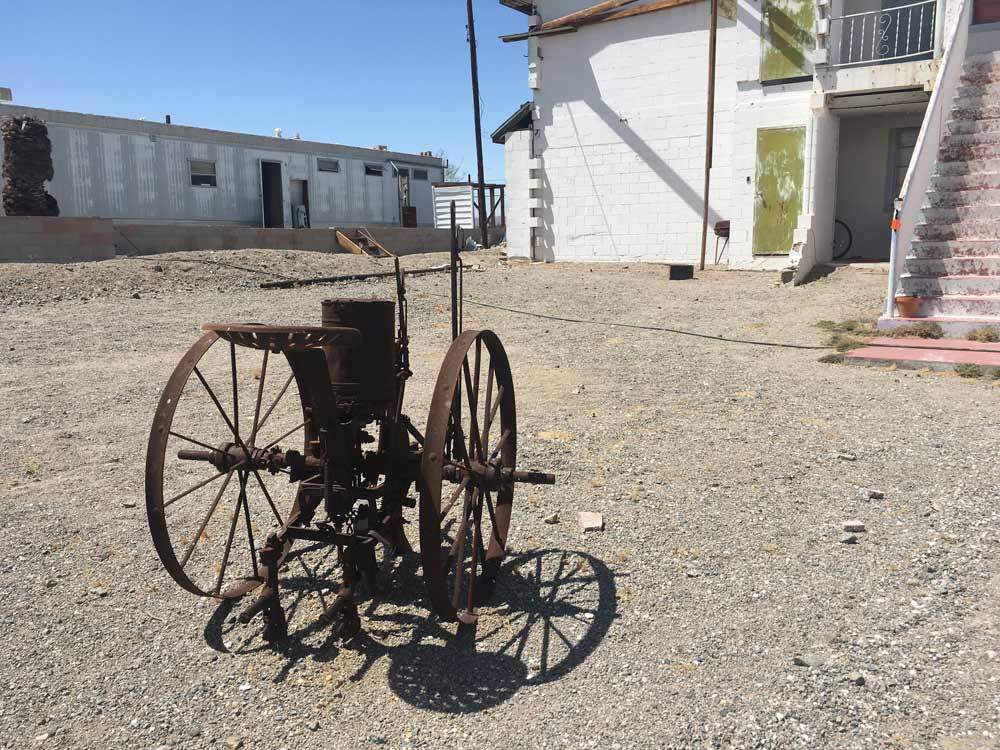Day 1 | Joining the Women in the Desert
Today I arrived in our location and met six women who have been living here for five days and sharing a limited water resource. We spoke about their community’s agreed upon values and rules, their process for dividing up water, the emphasis for positive and productive communication, and the steps they follow for decision making. After advocating for myself and why the other women should accept me into their group, I began considering the entirety of this experience and the effect that a limited and more sustainable water consumption pattern may have on each woman’s individual happiness level.
There is a theory that sustainable behavior, that which most benefits the common good and is the most successful practice for sustaining the commons, is in direct conflict with happiness. This theory is especially prevalent in westernized and advanced countries like the United States where “bigger” means “better” and the collection of physical and material objects defines success or social standing. In the United States, our culture pushes us to chase after the next new object, even if our current device or item is still usable. This societal norm results in an abundance of waste and affects how content or happy someone may feel about his/her life. As I spend time here, I want to analyze this theory, the emotional and mental happiness of myself and these women, and how it fluctuates in this scarce and limiting environment.
For my first interview with these women, I will be asking questions such as:
-What is your definition of happiness?
-What makes you happy?
-What physical objects or technologies affect your happiness and why?
-Has limited access to water affected your overall state of happiness and if so, how?
-What is one thing you wish you could do right now that you feel would bring you happiness, but you are currently unable to do it because of your environment or access to water?
-How has your happiness changed since you have been here?
-As of 2023, the extreme water regulations are newer to the United States population, yet in other cultures and communities around the world, the energy required for securing and maintaining water is consistently this difficult, if not more. How has this experience allowed you to empathize and think about other areas and cultures of people that have such limited access to water?
As this experience evolves, I will continue to check in with each woman and document my own thoughts and feelings. The desire for “more” and “better” and little regard for water usage has led us to this reality. One that requires sacrifice, drastic limitations on water, and regulations on the food we may eat because of the water used to grow and harvest the crop. Thus far, I have survived my initial exile, made it here through the desert, found this community of women, and they have accepted and allowed me to share their precious and limited water resource. However, there is still the question: can we achieve real happiness here?





Awesome post! Can’t wait to read about the connection to happiness and your findings. You got this!